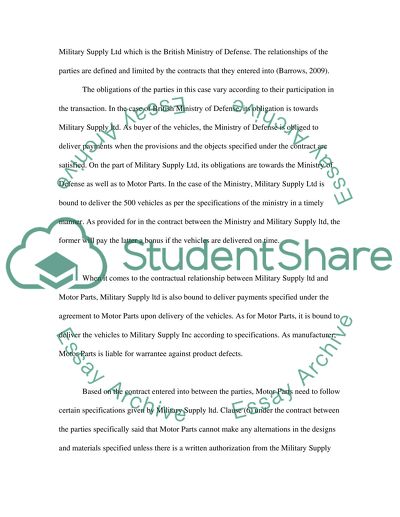Cite this document
(“Liabilities and Remedies of Parties in a Contract Essay”, n.d.)
Liabilities and Remedies of Parties in a Contract Essay. Retrieved from https://studentshare.org/law/1565137-liabilities-and-remedies-of-parties-in-a-contract
Liabilities and Remedies of Parties in a Contract Essay. Retrieved from https://studentshare.org/law/1565137-liabilities-and-remedies-of-parties-in-a-contract
(Liabilities and Remedies of Parties in a Contract Essay)
Liabilities and Remedies of Parties in a Contract Essay. https://studentshare.org/law/1565137-liabilities-and-remedies-of-parties-in-a-contract.
Liabilities and Remedies of Parties in a Contract Essay. https://studentshare.org/law/1565137-liabilities-and-remedies-of-parties-in-a-contract.
“Liabilities and Remedies of Parties in a Contract Essay”, n.d. https://studentshare.org/law/1565137-liabilities-and-remedies-of-parties-in-a-contract.


